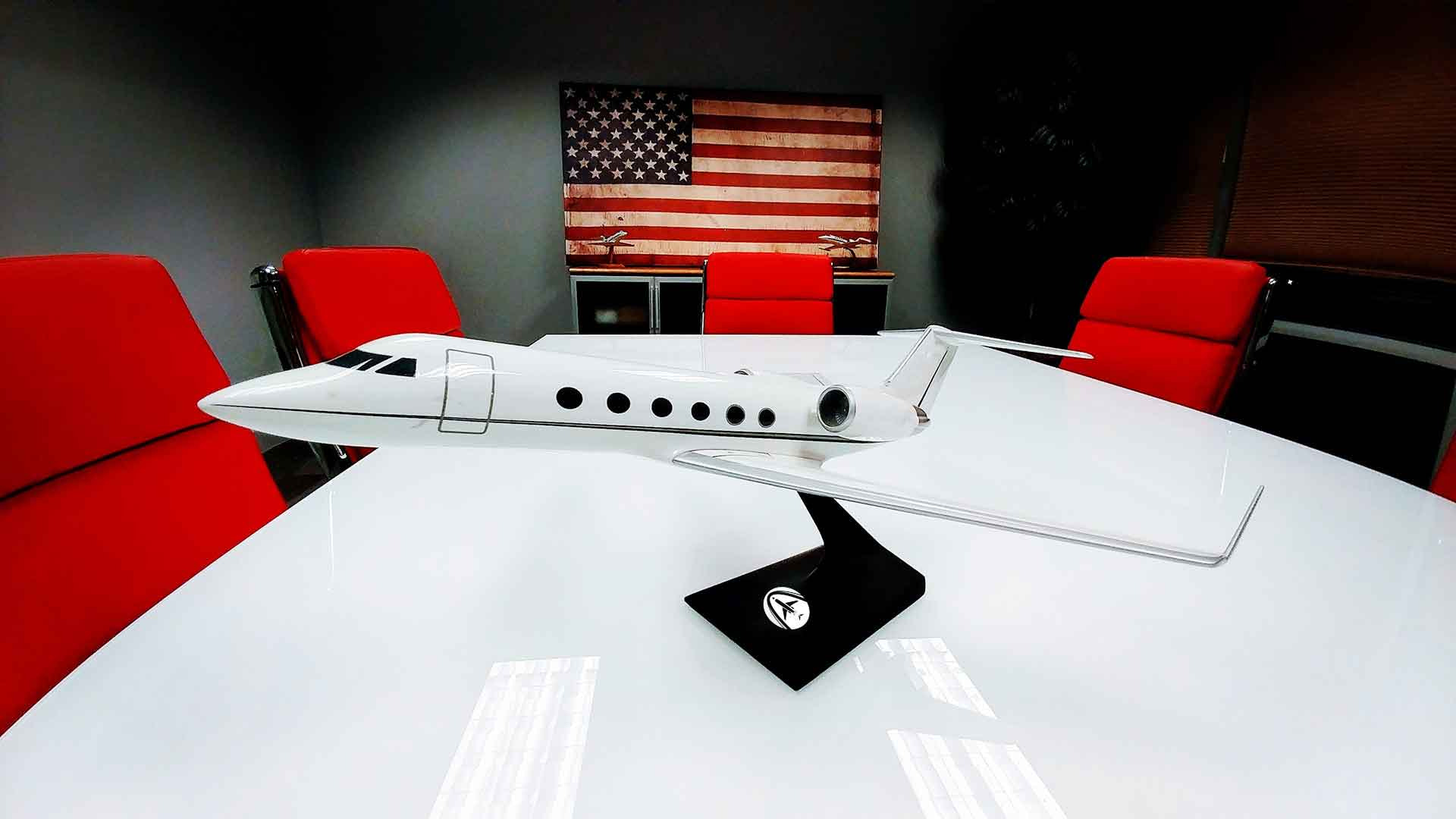thorstencardin
About thorstencardin
Exploring the Panorama Of Private Jet Charter Companies
In recent years, the private jet charter trade has witnessed significant development, driven by an rising demand for customized journey experiences, flexibility, and time efficiency. This study report delves into the dynamics of private jet charter companies, inspecting their operational frameworks, market tendencies, buyer demographics, and the technological advancements shaping the way forward for air travel.
Overview of the Private Jet Charter Trade
Private jet charter companies provide on-demand air journey services to people, companies, and groups. In contrast to conventional business airlines, which function on fastened schedules and routes, charter corporations offer tailored travel options, allowing clients to choose their departure instances, routes, and aircraft varieties. The industry is characterized by a various vary of service suppliers, from large, established companies with extensive fleets to smaller, boutique operators focusing on niche markets.
Market Dynamics
The global private jet charter market has skilled sturdy development, with estimates suggesting a compound annual development price (CAGR) of round 5-7% over the following 5 years. Several components contribute to this upward trend:
- Elevated Demand for Luxury Travel: As the worldwide financial system recovers from the results of the COVID-19 pandemic, there has been a resurgence in luxurious travel. Excessive-net-price people (HNWIs) and firms are increasingly opting for private jets to avoid crowded airports and guarantee safety during journey.
- Flexibility and Comfort: The flexibility to customize travel itineraries is a big selling point for private jet charters. Clients can access remote locations and keep away from layovers, making it a sexy option for business executives and leisure travelers alike.
- Company Journey: Many companies are recognizing the value of private jet charters for business travel. The ability to conduct conferences in-flight and maximize productiveness is a compelling purpose for businesses to spend money on charter companies.
- Technological Advancements: Improvements in technology have reworked the booking process and customer experience. Cell apps and online platforms enable purchasers to guide flights, handle itineraries, and communicate with service suppliers seamlessly.
Key Gamers in the Business
The private jet charter market is populated by a number of key players, ranging from large firms to smaller, specialised operators. A few of the prominent firms include:
- NetJets: A subsidiary of Berkshire Hathaway, NetJets is one of the largest and most acknowledged names in the private jet charter business. The corporate offers fractional possession and jet card applications, allowing shoppers to buy a share of an aircraft or pre-buy flight hours.
- VistaJet: Known for its distinctive silver and crimson aircraft, VistaJet caters to a world clientele, providing luxury journey experiences. The corporate operates a fleet of over 70 jets and focuses on lengthy-haul international flights.
- Flexjet: Flexjet specializes in fractional ownership and leasing choices, providing purchasers with access to a various fleet of jets. The company emphasizes safety, luxurious, and customized service, making it a preferred alternative amongst HNWIs.
- Wheels Up: This innovative company has disrupted the standard charter mannequin by providing membership-based mostly providers. Clients pay an annual fee for access to a fleet of aircraft, making private jet travel more accessible.
Customer Demographics
The clientele of private jet charter companies is diverse, encompassing numerous demographics and industries. Key buyer segments embody:
- Excessive-Net-Worth People (HNWIs): Wealthy people searching for convenience, luxury, and privacy often turn to private jet charters for private travel. This phase values the flexibility to customise their journey experience and avoid the hassles of business flights.
- Corporate Clients: Companies utilize private jet charters for government travel, staff-constructing retreats, and shopper meetings. The ability to journey efficiently and conduct business in-flight is a major advantage for organizations.
- Leisure and Sports activities: Celebrities, athletes, and leisure industry professionals steadily depend on private jets to journey for events, film shoots, and performances. The need for privateness and safety drives this section’s demand for charter services.
- Medical and Humanitarian Flights: Private jet charters are also utilized for pressing medical transport and humanitarian missions, providing important providers in times of need.
Challenges Going through the Industry
Despite its development, the private jet charter business faces several challenges:
- Regulatory Compliance: The aviation business is topic to strict rules, and charter companies must navigate complex authorized frameworks to make sure compliance. This can be significantly challenging for smaller operators.
- Environmental Issues: The environmental impression of private aviation has come under scrutiny, leading to elevated stress on charter firms to undertake sustainable practices. Many are investing in carbon offset packages and exploring different fuels.
- Market Competitors: The rise of latest entrants and revolutionary enterprise fashions has intensified competitors out there. Established companies should frequently adapt to changing consumer preferences and technological advancements.
- Financial Fluctuations: Financial downturns can affect discretionary spending, leading to decreased demand for luxury travel companies. Charter corporations should be ready to navigate financial uncertainties.
Technological Innovations
Technology is enjoying a pivotal function in reshaping the private jet charter trade. Key improvements embrace:
- Digital Booking Platforms: On-line platforms and cell purposes have streamlined the booking course of, permitting clients to check costs, view aircraft availability, and e book flights with ease.
- Real-Time Monitoring: Superior monitoring techniques enable purchasers to watch their flights in actual-time, enhancing transparency and communication with service suppliers.
- Knowledge Analytics: Firms are leveraging information analytics to understand buyer preferences and improve service choices. This knowledge-driven approach allows personalised marketing and enhances the overall buyer experience.
- Sustainability Initiatives: Technological advancements are additionally driving efforts towards sustainability. Companies are exploring electric and hybrid aircraft, as well as investing in carbon offset packages to reduce their environmental footprint.
Conclusion
The private jet charter business is poised for continued development, pushed by increasing demand for customized journey experiences and technological developments. Whereas challenges akin to regulatory compliance and environmental issues persist, the trade’s adaptability and innovation will play a vital function in shaping its future. As extra individuals and businesses recognize the value of private aviation, charter companies should remain agile and attentive to evolving market dynamics to thrive in this competitive panorama.
No listing found.



